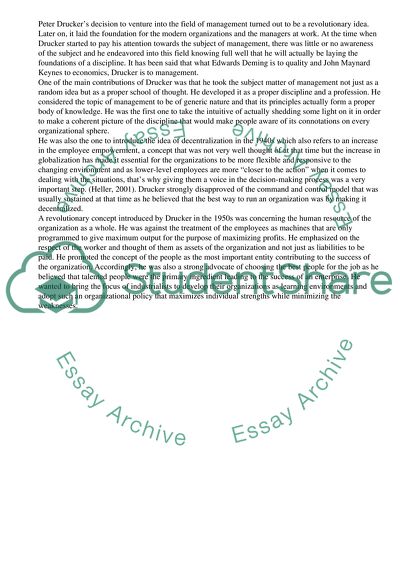Cite this document
(Peter Drucker's Major Contributions to Management Theory and Practice Coursework - 16, n.d.)
Peter Drucker's Major Contributions to Management Theory and Practice Coursework - 16. Retrieved from https://studentshare.org/management/1735906-management
Peter Drucker's Major Contributions to Management Theory and Practice Coursework - 16. Retrieved from https://studentshare.org/management/1735906-management
(Peter Drucker'S Major Contributions to Management Theory and Practice Coursework - 16)
Peter Drucker'S Major Contributions to Management Theory and Practice Coursework - 16. https://studentshare.org/management/1735906-management.
Peter Drucker'S Major Contributions to Management Theory and Practice Coursework - 16. https://studentshare.org/management/1735906-management.
“Peter Drucker'S Major Contributions to Management Theory and Practice Coursework - 16”, n.d. https://studentshare.org/management/1735906-management.


